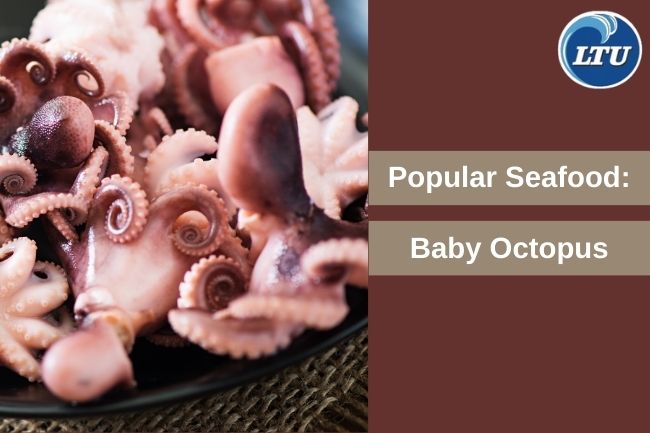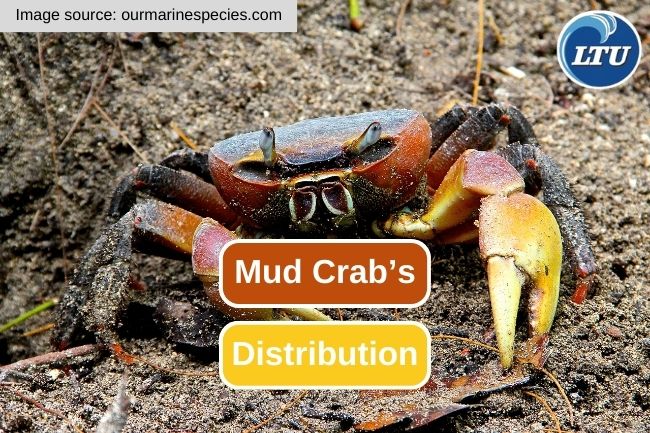3 Comparison Between Sardines and Mackerel
By. Nevanda - 03 May 2023
lauttimur.com - The size and shape of mackerel and sardines are the main distinctions between them. Sardines develop to a maximum length of 15.6 inches and weigh between 0.2 and 4.5 pounds. Mackerel, on the other hand, weigh between 1.5 and 2.2 pounds, reach a top weight of 7.5 pounds, and grow between 10 and 26 inches.
1. Size
Sardines are often smaller than Atlantic mackerel on average. For instance, mackerel typically weighs between 1.5 and 2.2 pounds but can reach a weight of 7.5 pounds. Sardines typically weigh between 0.2 and 4.5 pounds.
A mackerel can reach a maximum length of 26 inches, but its typical growth ranges from 10 to 16.6 inches. Sardines can reach total lengths of between 6 and 15.6 inches.
Read also: Simple And Easy Homemade Crab Rangoon Recipe
2. Morphology
The bodies of sardines and mackerel differ significantly in a number of ways, including color, tails, and body form. Sardines have an extended, flat body, but mackerel have a torpedo-shaped body.
Both sardines and mackerel have forked tails. Sardines only have a single dorsal and anal fin, whereas mackerel also have finlets behind the anal fin. Additionally, some sardines have tiny finlets behind their anal fin. Mackerel have a green-blue body with dark stripes, but sardines have a silver body with no scales on their head. These unique qualities make it easy to tell the creatures apart from one another at glance.
3. Diet
Sardines and mackerel both feed on aquatic invertebrates. Zooplankton, phytoplankton, and the eggs of tiny crustaceans are all consumed by sardines. They also consume fish eggs and decapods.
Mackerel consume shrimp, copepods, krill, and other tiny crustaceans. Many of the same animals are consumed by these creatures, but not all of them.
Both sardines and mackerel are frequently eaten by people. Fresh, salted, or smoked mackerel are available. They can also be cooked in soups, fried in oil, or roasted and served with vegetables. In contrast to sardines, which have a taste that is quite light, this fish has a powerful flavor.
Fish with more applications and more consumer appeal are sardines. Sardines are after all a common human dinner, but they're also employed as bait fish, animal feed, and an oil source. Overall, these fish share a lot of characteristics, but there are enough changes in their shapes, functions, and sizes to allow for differentiation.
Read also: This Is How Fish Oil Is Being Made








